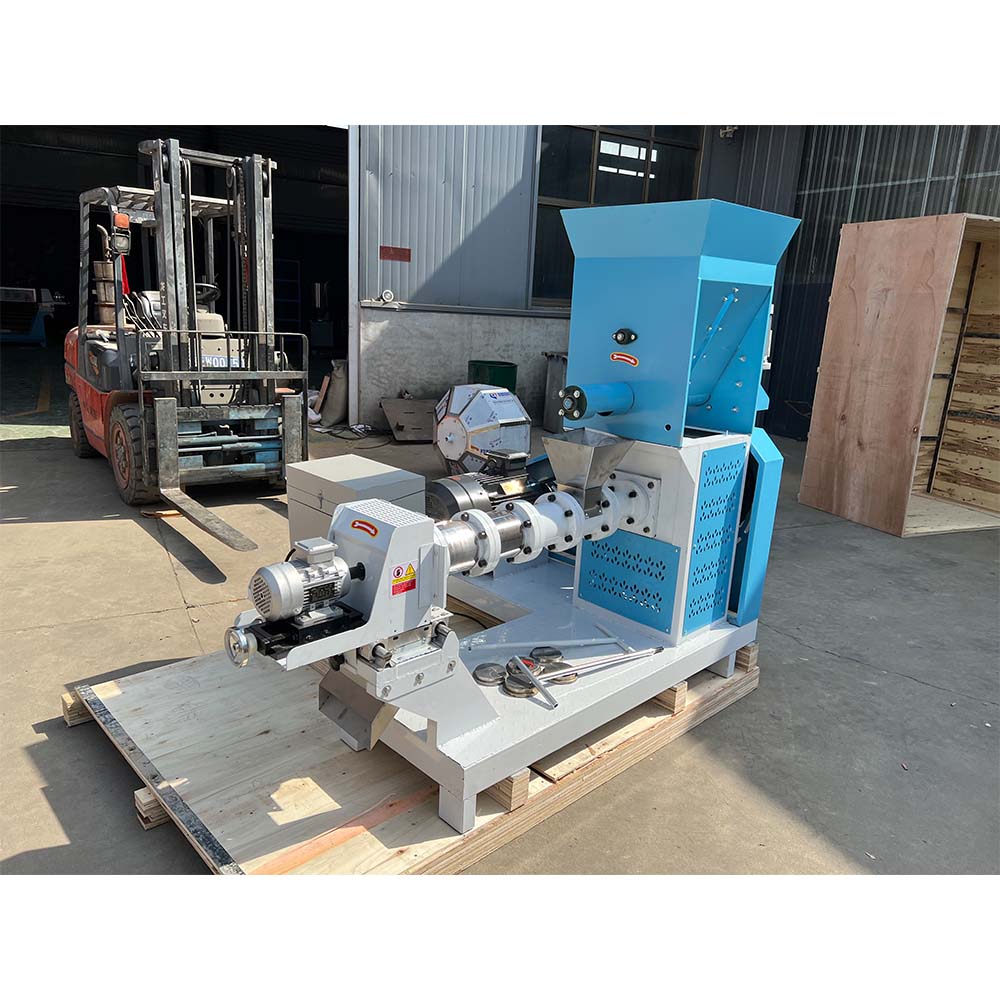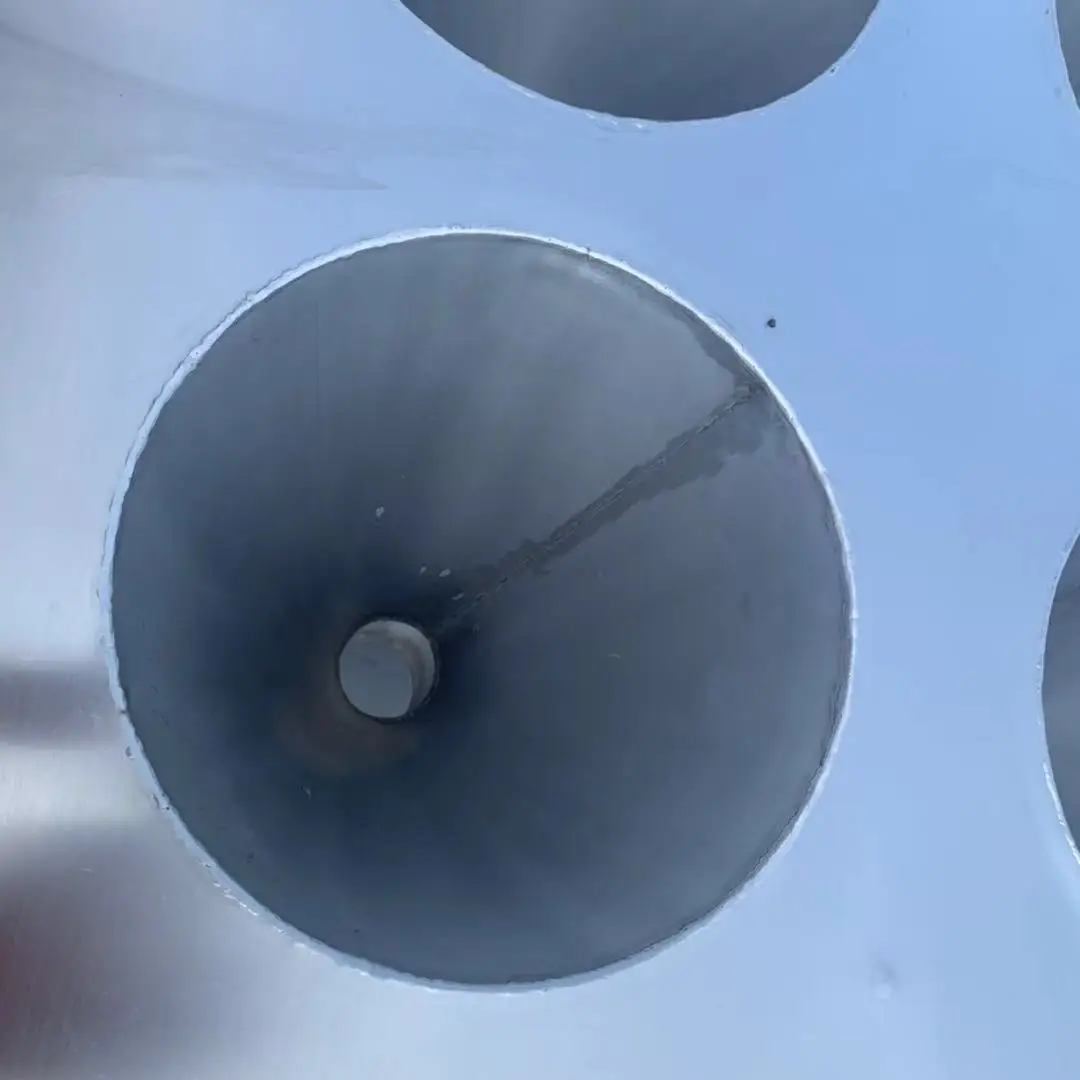Piglet nursery pen
2 月 . 18, 2025 11:15 Back to list
Piglet nursery pen
When it comes to enhancing the efficiency and sustainability of poultry farming, selecting the right cage system is a critical decision that can significantly affect the welfare of the birds and the productivity of the farm. A well-chosen cage for poultry not only improves the living conditions of the birds but also optimizes resource use, ensuring a streamlined operational process. Herein lies the convergence of innovative product design, veterinary expertise, and authoritative industry knowledge, creating a reliable guide for investing in poultry cages with optimal benefits.
Trustworthiness in the choice of poultry cage suppliers is anchored in the transparency of business practices and the reliability of products. It is essential for farmers to engage with reputable suppliers who offer warranties and customer support. The assurance that comes from knowing that products can be serviced, replaced, or refunded provides peace of mind, fostering trust between the farmer and the supplier. Business reviews, customer testimonials, and industry endorsements serve as powerful tools for gauging supplier reliability. Furthermore, the ecological impact of poultry cages cannot be overlooked. Environmentally conscious farmers are increasingly investing in sustainable cage systems with integrated waste management features. These include manure collection trays that prevent the accumulation of waste and reduce the spread of disease. The implementation of innovative waste management systems within cage designs not only lowers the carbon footprint of the farm but also enhances the health and productivity of the poultry, demonstrating an intersection of economic efficiency and environmental stewardship. In recommending a cage system for poultry, emphasize consideration of the cage's adaptability to different weather conditions. In diverse climatic zones, the modularity of cage designs plays a significant role in ensuring robust protection against extreme temperatures, humidity, and other environmental factors. Metals and composite materials used must withstand fluctuating weather, guaranteeing the continued welfare and safety of the birds. Selecting the right cage for poultry ultimately requires a synthesis of experiential insights, scientific expertise, regulatory compliance, supplier reliability, and environmental sensibility. With the right balance of these factors, a farmer can substantially improve farm operations, enhance poultry well-being, and achieve long-term sustainable production. Make an informed choice, supported by authoritative guidance and trustworthy products, and witness your poultry business thrive in unprecedented ways.


Trustworthiness in the choice of poultry cage suppliers is anchored in the transparency of business practices and the reliability of products. It is essential for farmers to engage with reputable suppliers who offer warranties and customer support. The assurance that comes from knowing that products can be serviced, replaced, or refunded provides peace of mind, fostering trust between the farmer and the supplier. Business reviews, customer testimonials, and industry endorsements serve as powerful tools for gauging supplier reliability. Furthermore, the ecological impact of poultry cages cannot be overlooked. Environmentally conscious farmers are increasingly investing in sustainable cage systems with integrated waste management features. These include manure collection trays that prevent the accumulation of waste and reduce the spread of disease. The implementation of innovative waste management systems within cage designs not only lowers the carbon footprint of the farm but also enhances the health and productivity of the poultry, demonstrating an intersection of economic efficiency and environmental stewardship. In recommending a cage system for poultry, emphasize consideration of the cage's adaptability to different weather conditions. In diverse climatic zones, the modularity of cage designs plays a significant role in ensuring robust protection against extreme temperatures, humidity, and other environmental factors. Metals and composite materials used must withstand fluctuating weather, guaranteeing the continued welfare and safety of the birds. Selecting the right cage for poultry ultimately requires a synthesis of experiential insights, scientific expertise, regulatory compliance, supplier reliability, and environmental sensibility. With the right balance of these factors, a farmer can substantially improve farm operations, enhance poultry well-being, and achieve long-term sustainable production. Make an informed choice, supported by authoritative guidance and trustworthy products, and witness your poultry business thrive in unprecedented ways.
Latest news
-
Battery Layer Cage Systems With Automatic Feeding Machine
NewsMar.07,2025
-
Hot Selling Multi Function Vacuum Packaging Machine
NewsMar.07,2025
-
Chicken scalder plucker machine for sale poultry scalder chicken plucking machine
NewsMar.07,2025
-
Egg Tray Making Machine 1000, 2000, pulp molding machine
NewsMar.07,2025
-
Automatic Feeding Line System Pan Feeder Nipple Drinker
NewsMar.07,2025
-
cage layer chicken
NewsMar.07,2025






